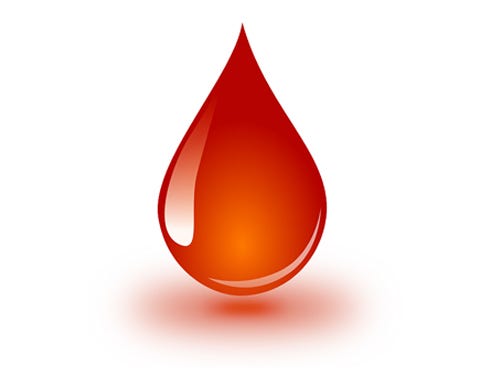
ORLANDO — As an additional proactive and precautionary measure, OneBlood will begin implementing additional Food and Drug Administration recommendations to further protect the blood supply from the Zika virus.
OneBlood is providing donors with educational materials to include the risk factors and signs and symptoms of the Zika virus.
These are the FDA recommendations OneBlood has in force:
●Donors with a history of Zika infection should self-defer for four weeks after the resolution of symptoms.
●A donor who exhibits signs and symptoms of Zika infection within two weeks of departure from an area where Zika is active should self-defer for four weeks after the resolution of symptoms.
●A donor should self-defer for four weeks after their last sexual contact with a man who has been diagnosed with Zika or who traveled to or resided in an area with active transmission of Zika in the three months prior to that instance of sexual contact.
●Donors with a history of recent travel to, or who resided in an area with active Zika virus transmission, will be advised to inform the blood center promptly if they are diagnosed with Zika virus or if they develop symptoms of Zika infection within two weeks following donation.
●The donor history questionnaire every donor is required to answer will be updated to include questions specific to the Zika virus.
Although Florida is not experiencing active transmission of the Zika virus, OneBlood plans to implement a nucleic acid test for Zika to be used for blood donor screening. This test will be implemented as soon it becomes available and the FDA allows OneBlood to use it under current regulations.
This article originally appeared on Crestview News Bulletin: OneBlood proactive in safeguarding blood supply from Zika virus
